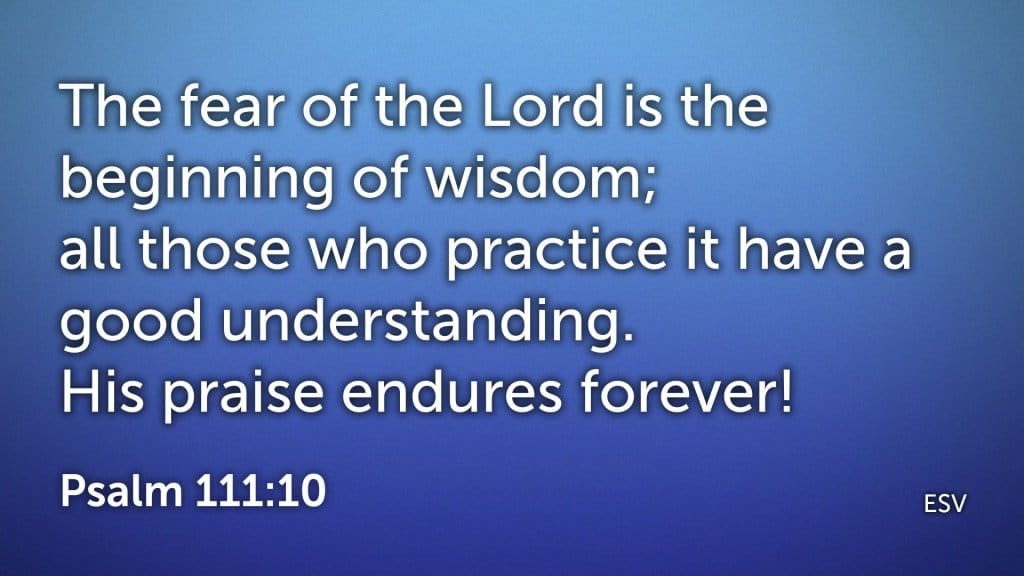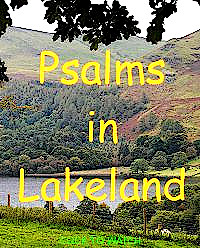As initially published on our old web site, November 6, 2020
As is indicated by the first statement below our ultimate source of authority with respect to faith and conduct is the Holy Bible. The following statements are a summary of what we believe to be the main points of doctrine in the Bible itself. They must always be tested by reference to the Scriptures.
- The Scriptures of both the Old & New Testaments are the inspired Word of God and are our supreme and final authority on all matters of faith and conduct.
- There is one true God, the Holy Trinity, self-existing, one in essence yet as co-equal and co-eternal persons: Father, Son & Holy Spirit.
- God is the creator of the entire universe in both physical and spiritual realms; distinct from and concerned for what he has made, he is our Maker, a god of righteousness, justice, truth and love.
- The eternal and only begotten Son of God became incarnate in this world in a body of flesh, conceived by the Holy Spirit, born to the virgin Mary, living a sinless life, truly human and truly divine.
- The Holy Spirit convicts the world of sin, righteousness and judgment. He calls people to repentance and faith in Christ, gives life through the new birth, indwells believers, revealing Jesus in the Scriptures, giving strength for discipleship, Gospel witness and all aspect of daily living.
- Mankind was created in the image of God but sinned against him, leading to death both physical and spiritual, and to all being sinners by both nature and practice, deserving his righteous judgement.
- God in love gave his Son the Lord Jesus Christ to die, to atone for our sins as a representative and substitutionary sacrifice, so becoming the one and only mediator between God and sinful humanity, the only Saviour.
- God raised Jesus bodily back to life from the dead and today; his resurrection is the guarantee of our resurrection and having ascended to the the heavens he is alive now as our High Priest and Advocate.
- God promises salvation to those who seek his forgiveness by repentance and faith in the shed blood of Christ, believers being justified before God by his free grace through faith in Christ alone and not by any efforts to gain his favour by meritorious works.
- All who receive by faith the Lord Jesus Christ are born again by the Holy Spirit, become children of God and heirs of eternal life, called to serve him in this world both individually and collectively in the fellowship of a local church.
- The church in its universal sense, the “body of Christ”, consists of all those who are born again by the Spirit of God, with no distinctions of race, colour, gender, or social status.
- Local churches are called to gather in the name of our Lord Jesus Christ as local representations of that body, to worship and to serve God in their localities, under the guidance of a plural leadership, holding fast and teaching truth from the Scriptures, caring for and supporting one another in unity and love, and preaching the good news of the Gospel.
- The Lord Jesus before he went to the cross instructed his disciples to remember him in the bread and wine of communion, and following his resurrection commissioned them to preach the Gospel and baptise those who believed. These are the two ordinances of the church: baptism and the breaking of bread.
- There are spiritual powers of evil, the devil and all his angels, working to destroy the souls of men and women and to lead astray even the Lord’s own people. They will, however, perish under the judgement of God as Christ is the ultimate victor.
- Christ promised that he would return and his people are to live in expectancy of being caught up to be with him, for he will keep his promise and we can not know when. Christ’s kingdom will come “on earth as in heaven” as he is victorious over all evil. The dead will be raised, and following the great judgement day God will make “a new heavens and a new earth in which dwells righteousness.”
There are many other topics that could have been included above, many details that could have been elaborated, but these are at the heart of who and what we are as a local church.
There are also topics on which Christians who share the fundamentals of the faith differ. We have not included details, for example, of the how and when of creation, the relation between divine sovereignty and human responsibility, or God’s programme for the end times. Whilst many have firm views on these and other matters they are not at the heart of the Christian message and we need to be able to discuss them with patience, tolerance, love and mutual respect.



